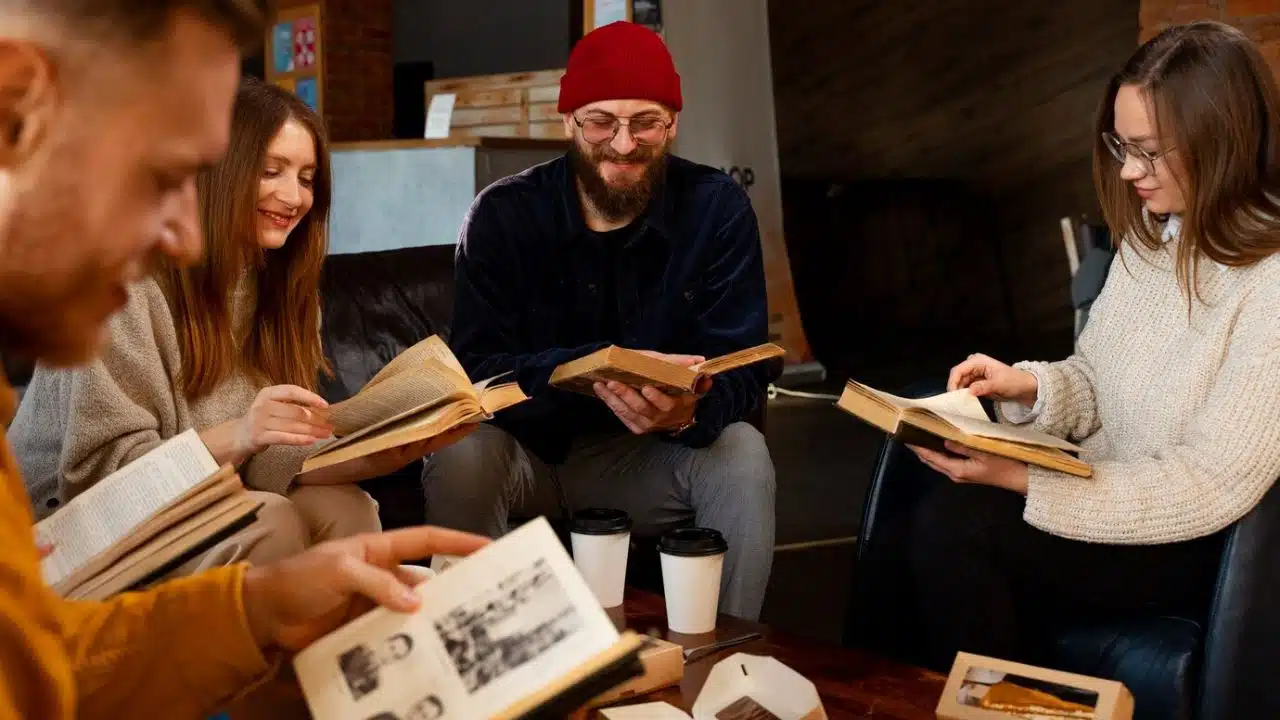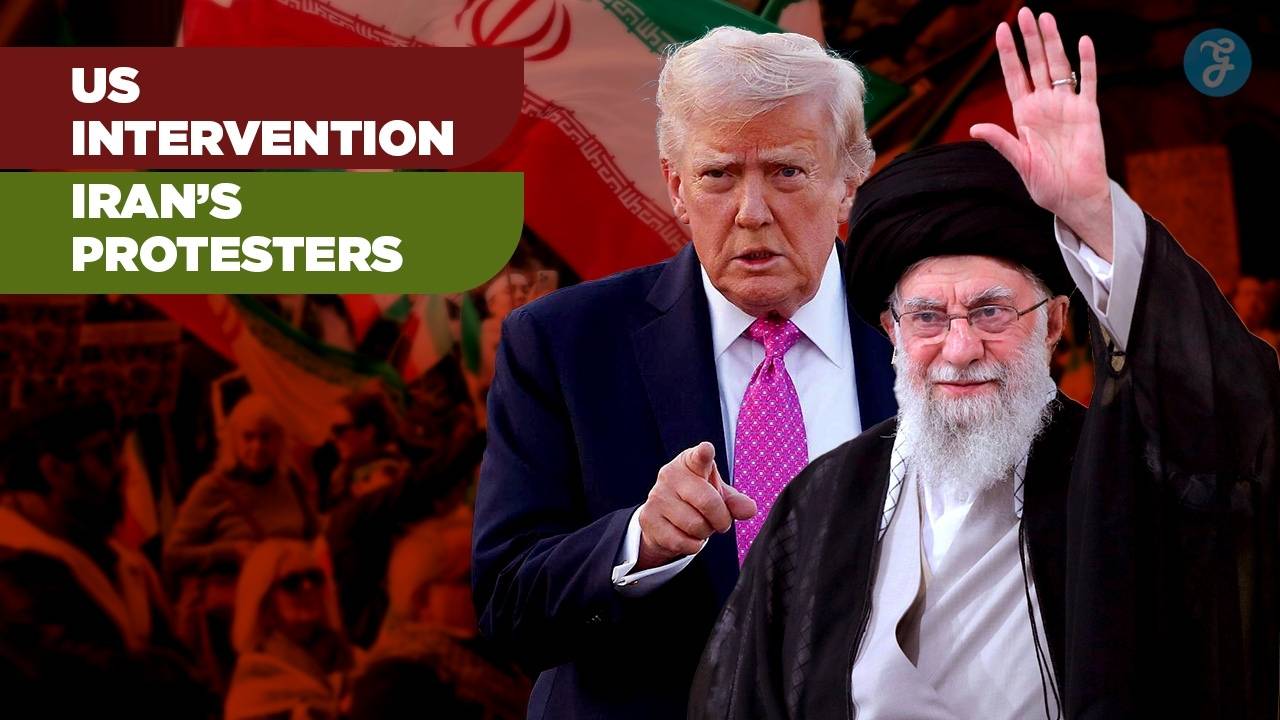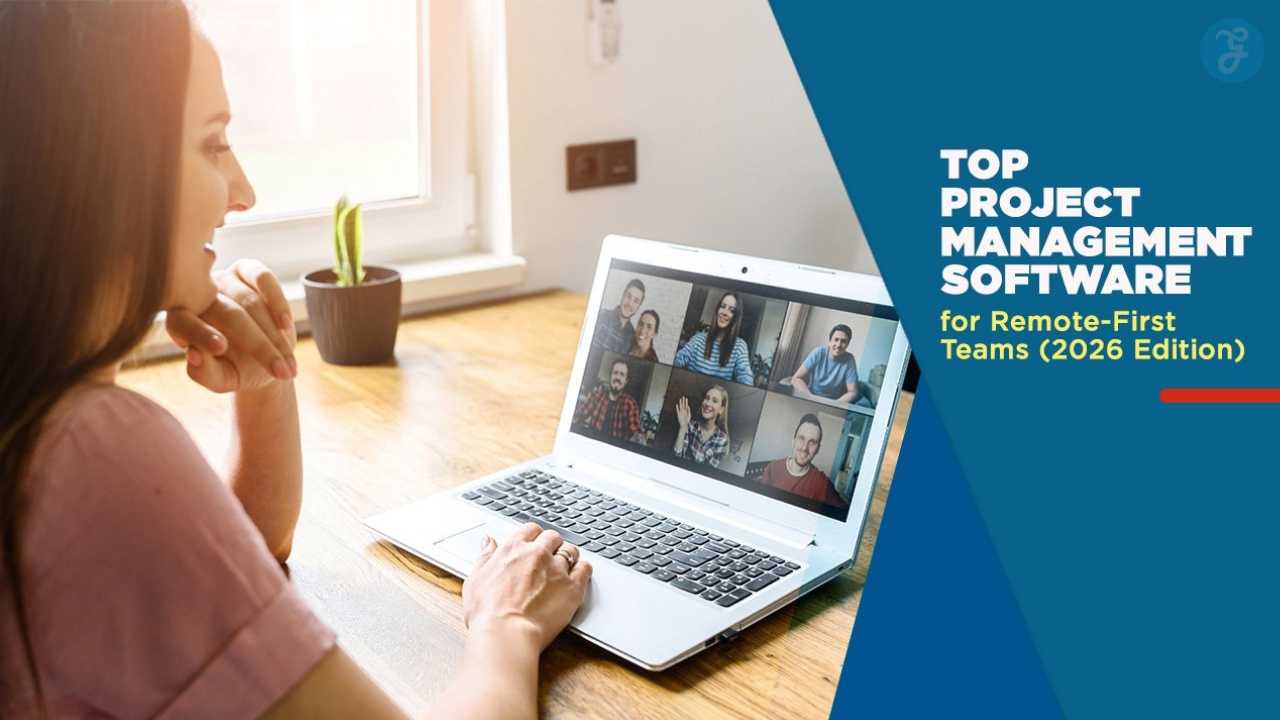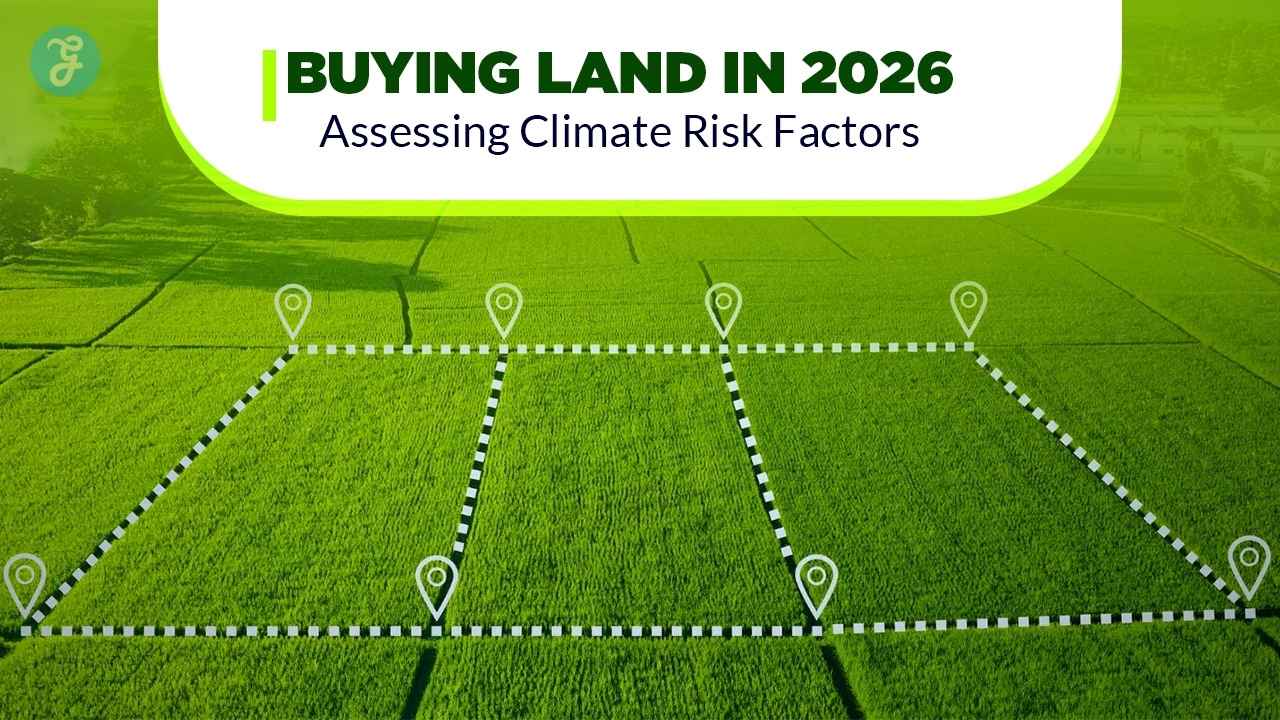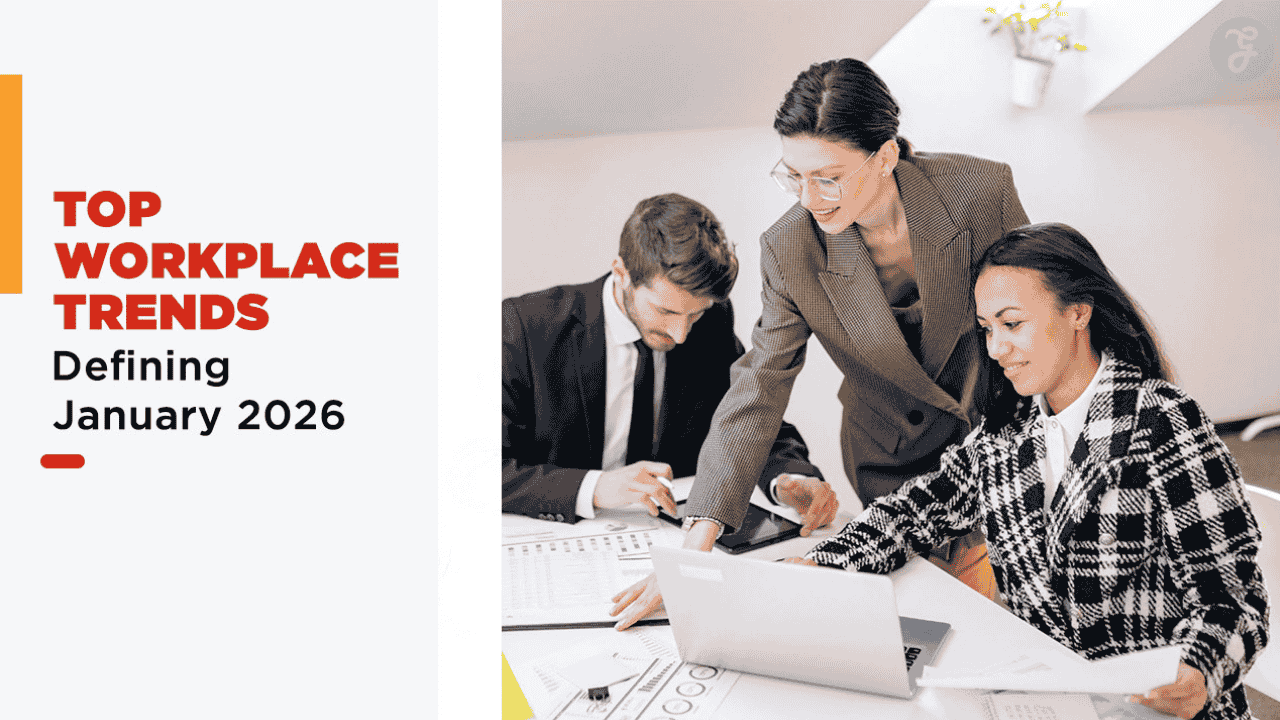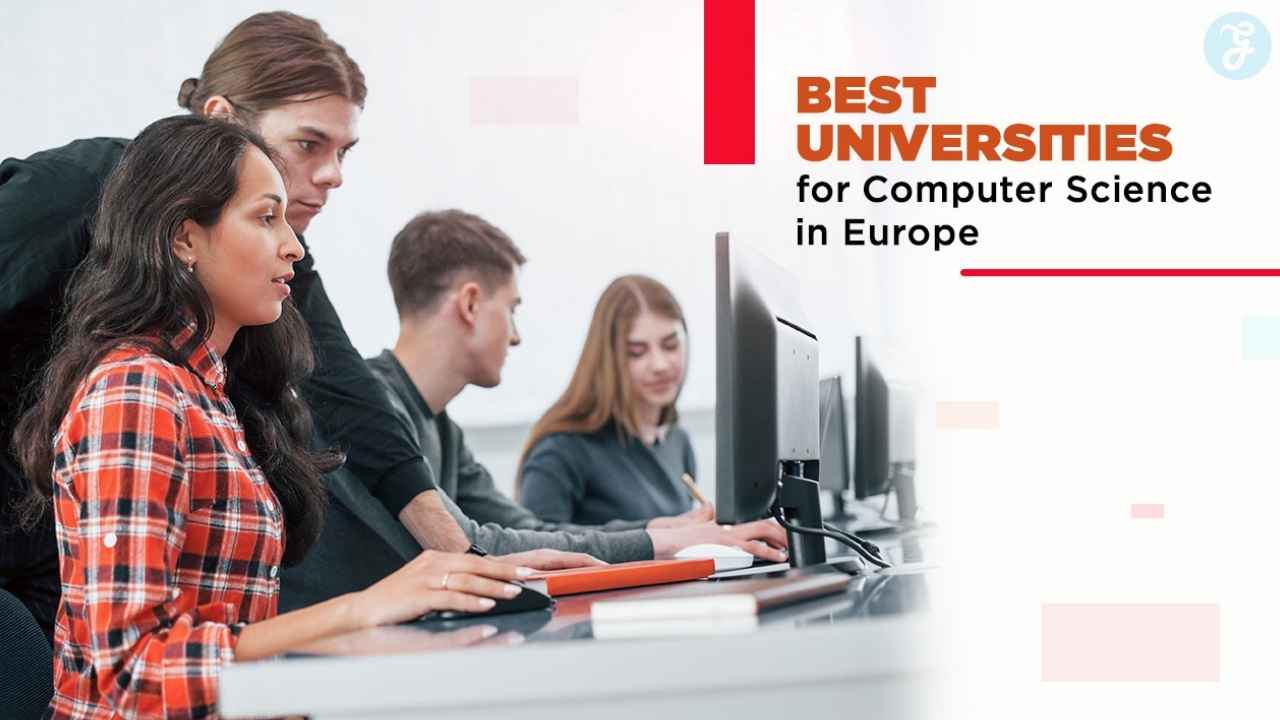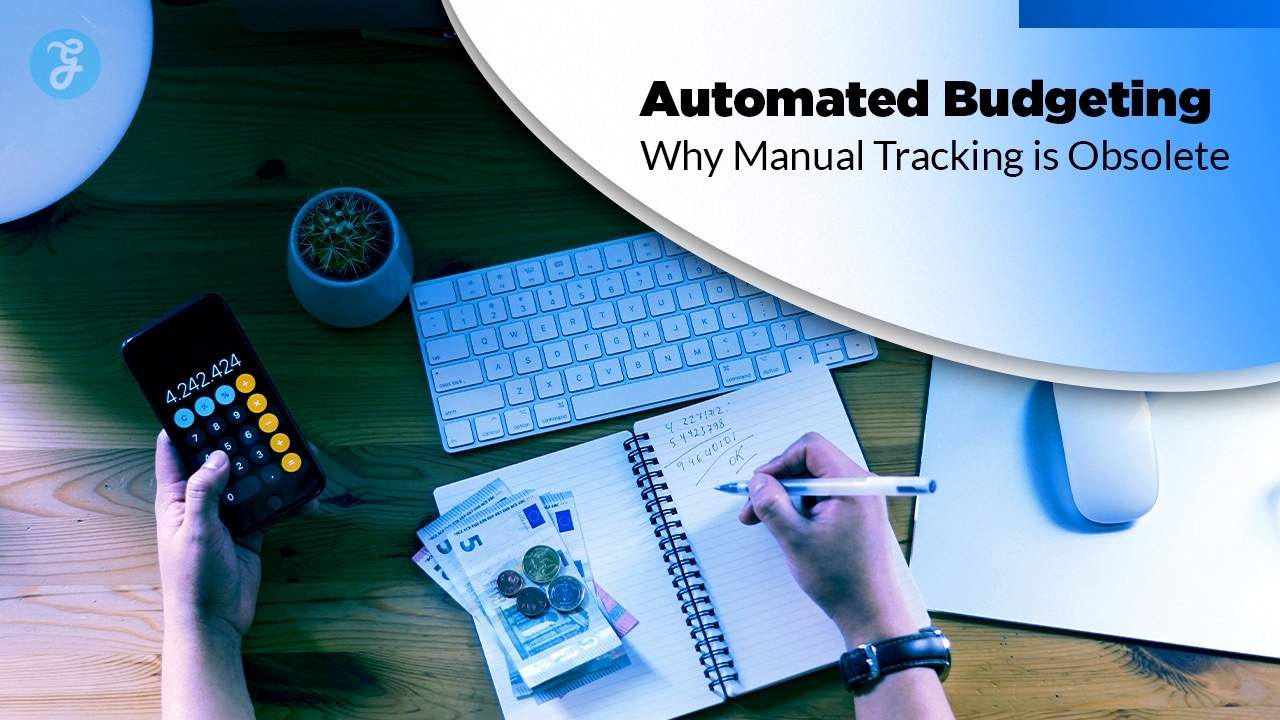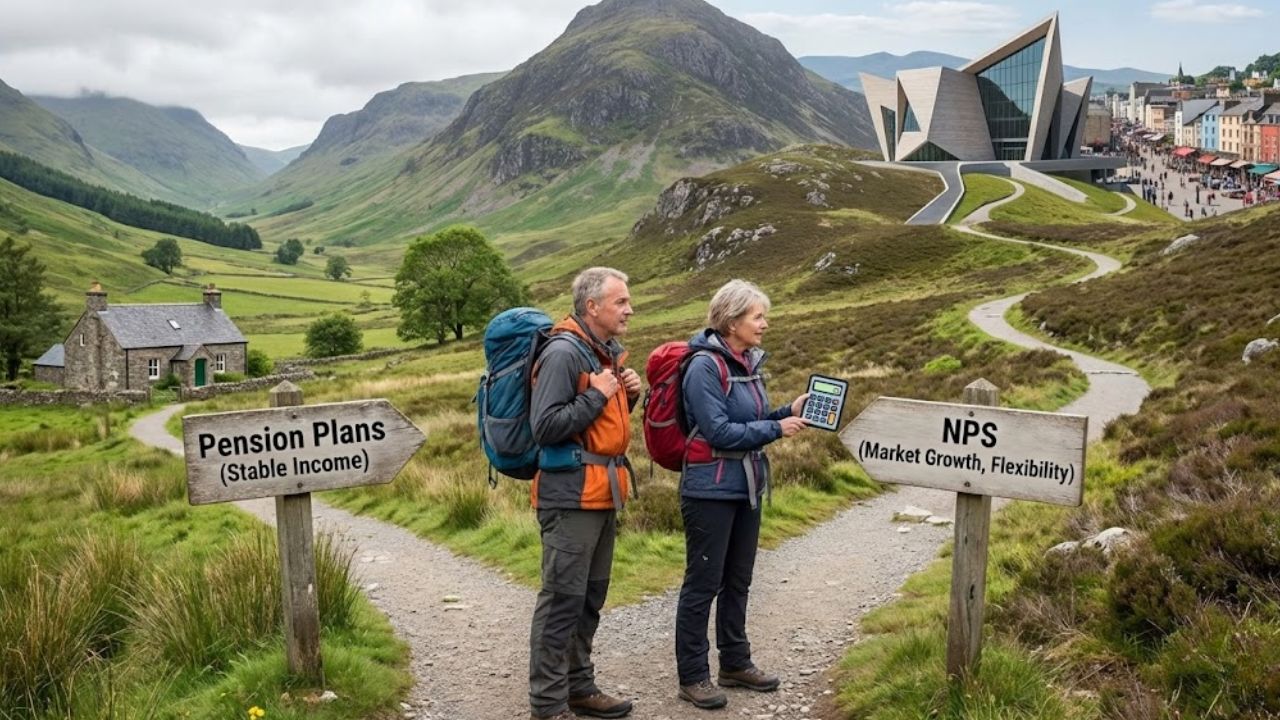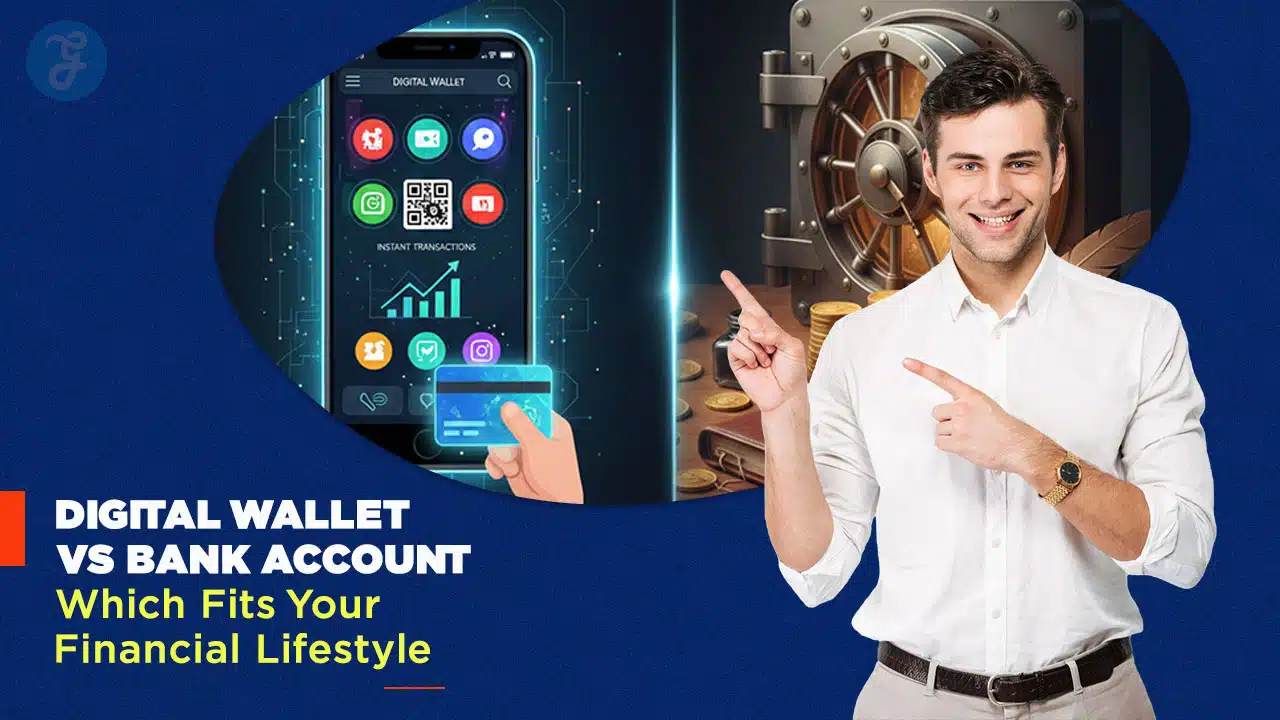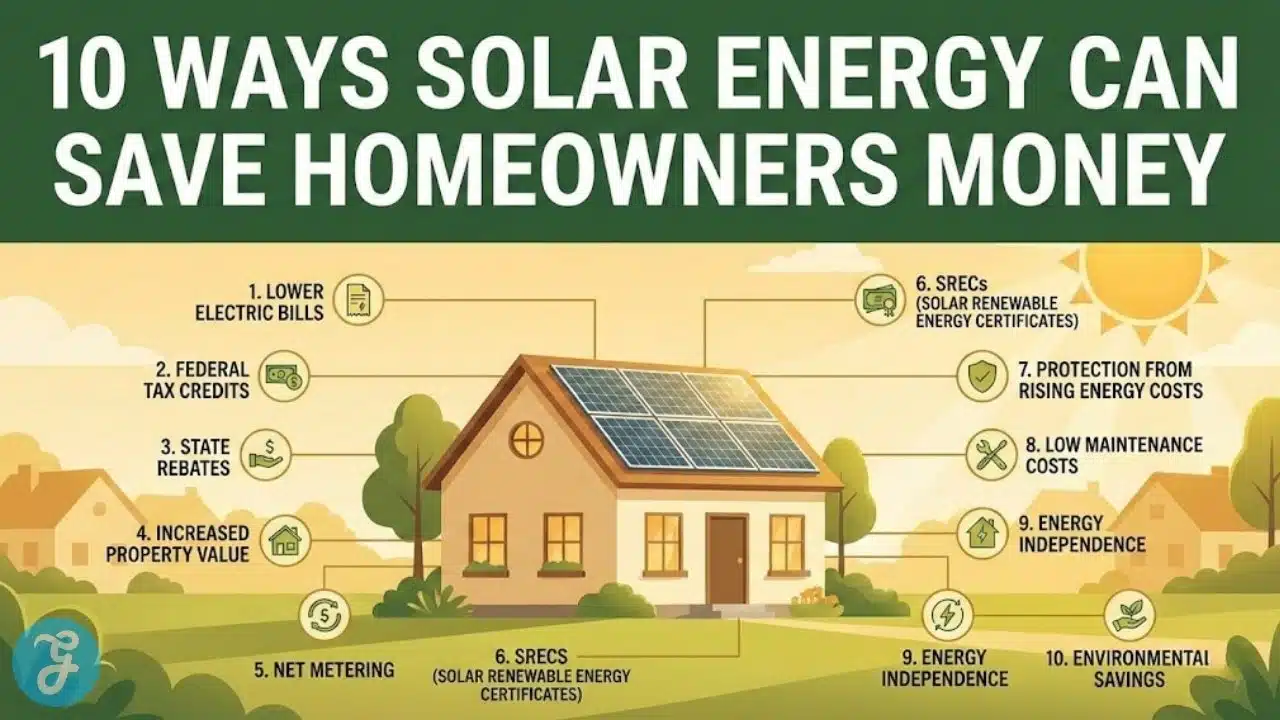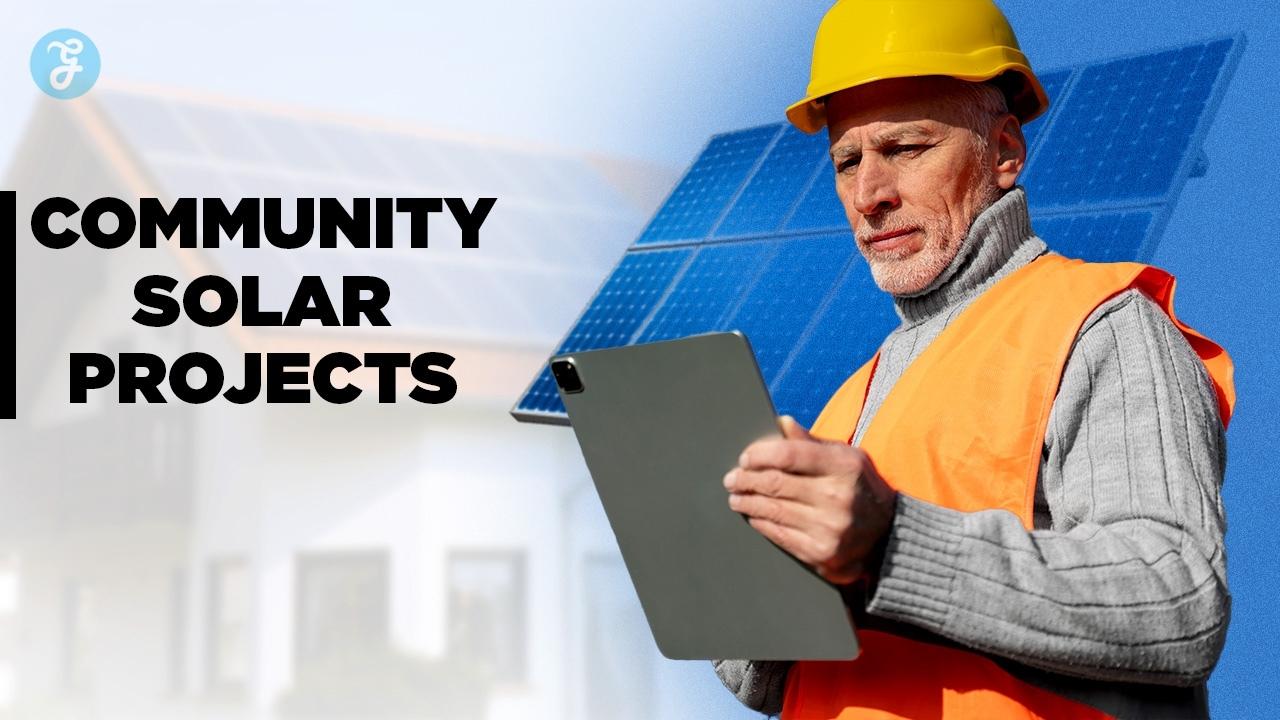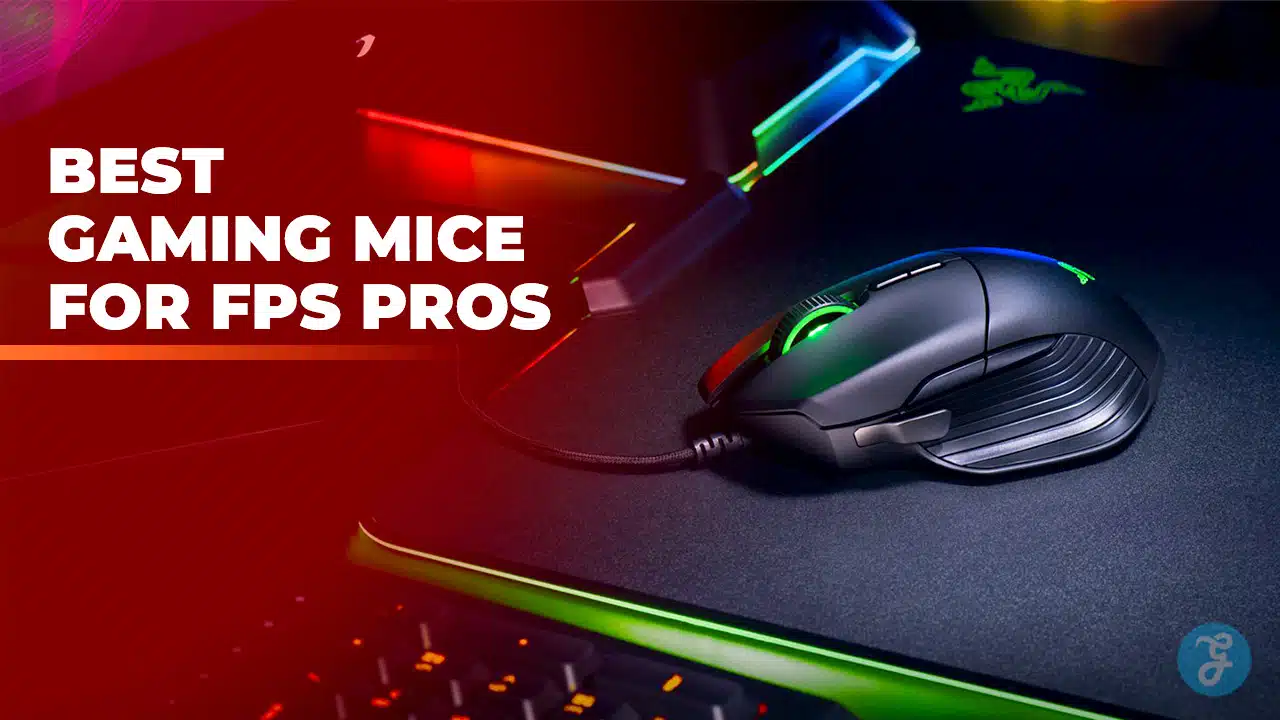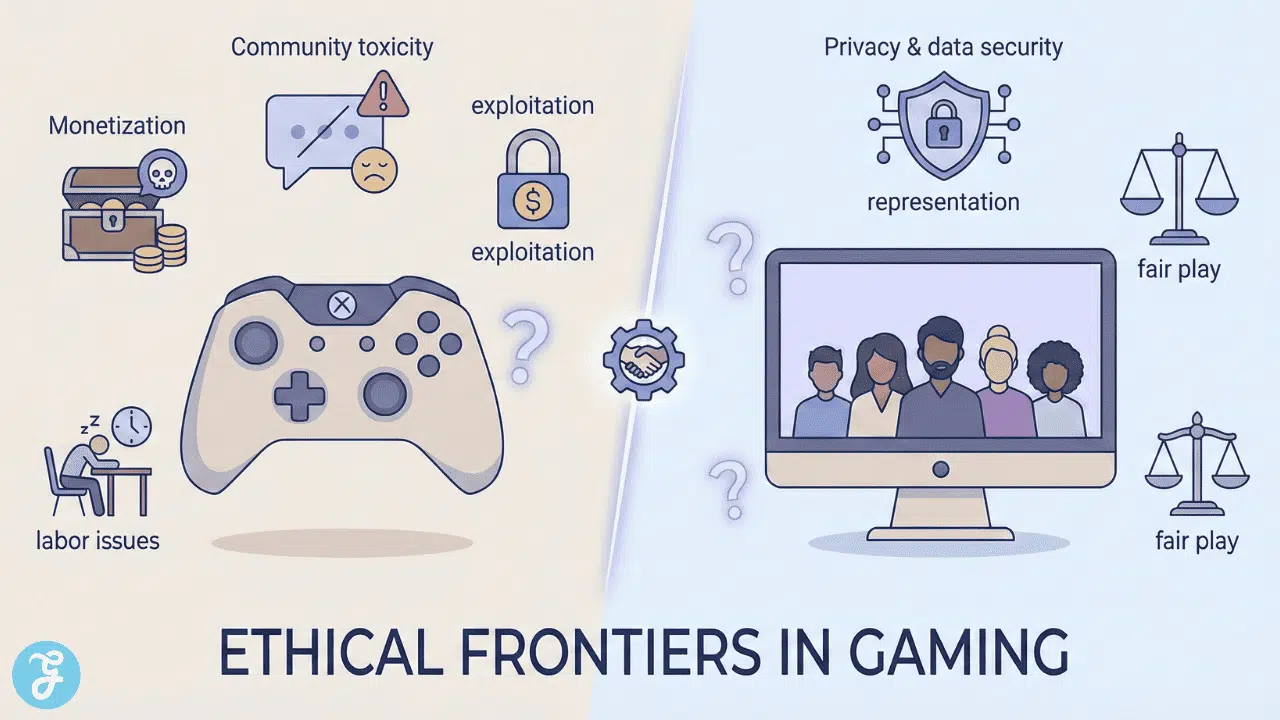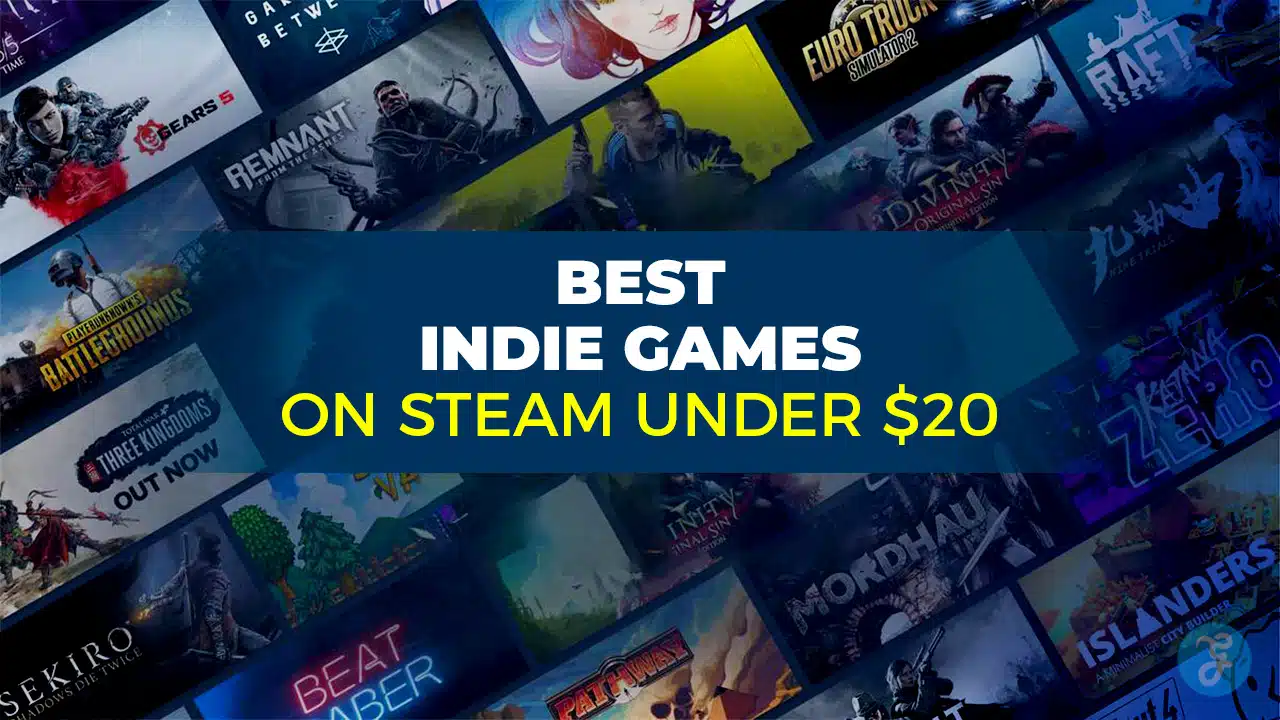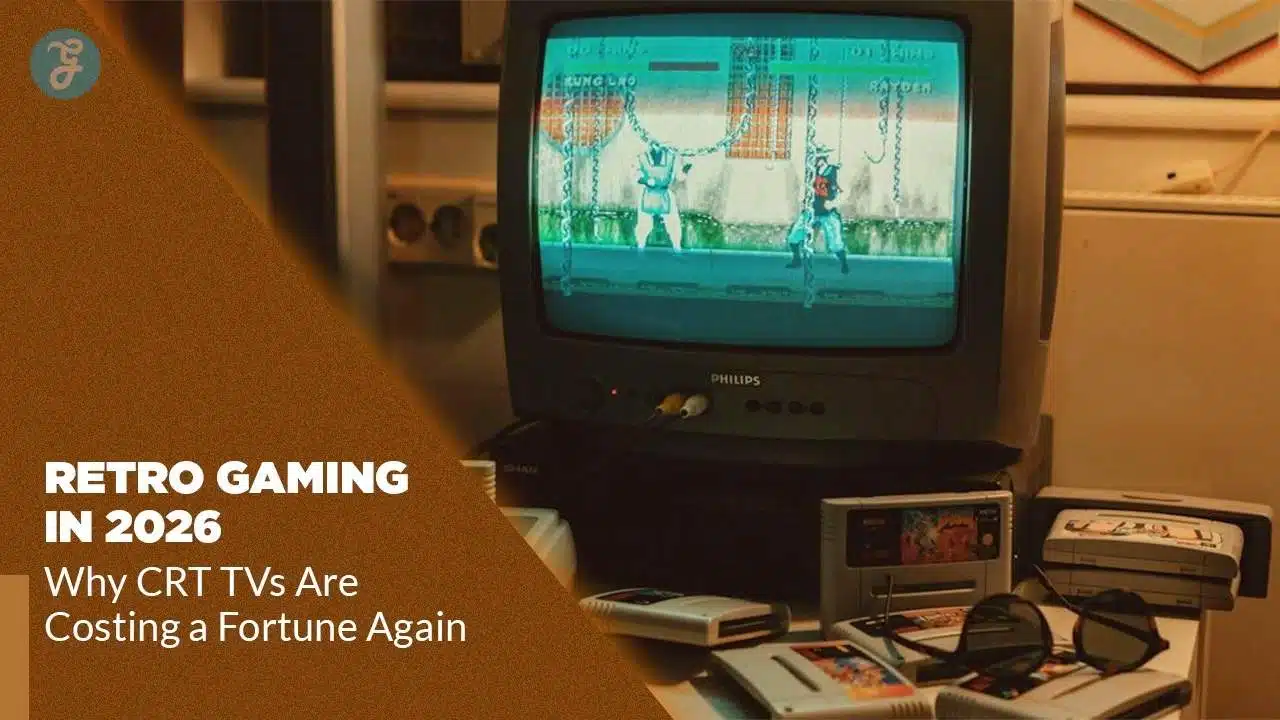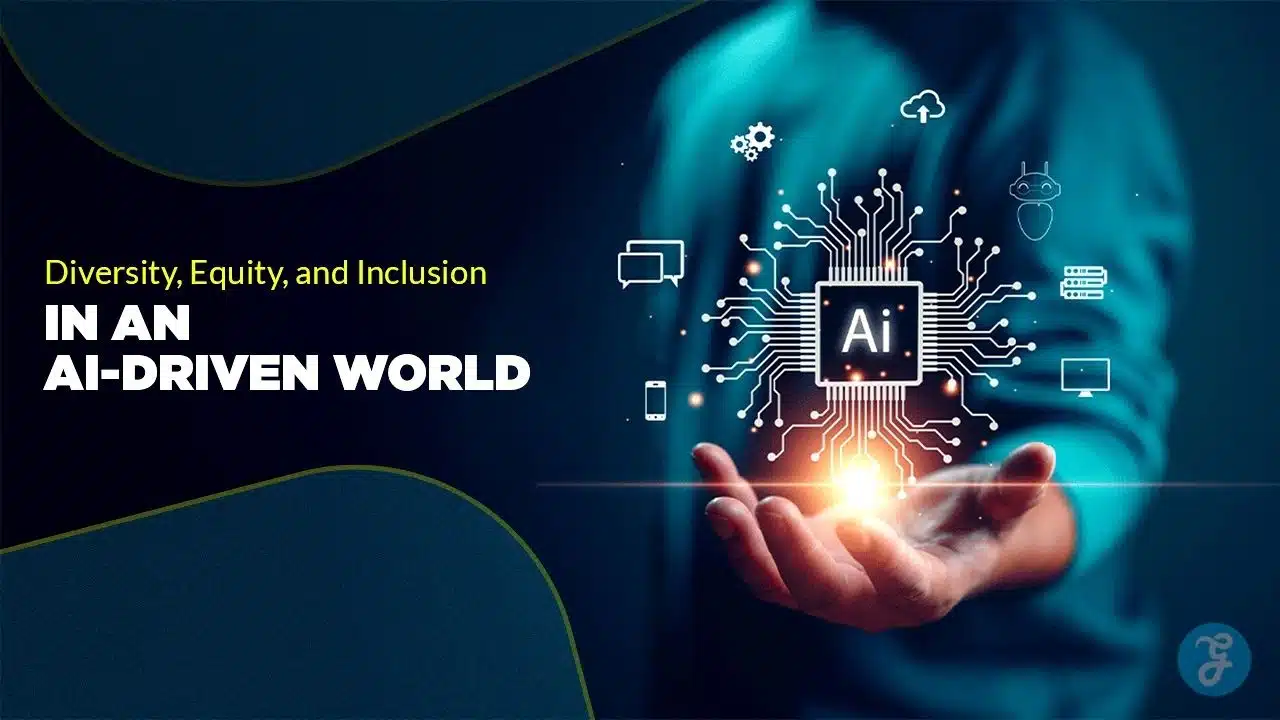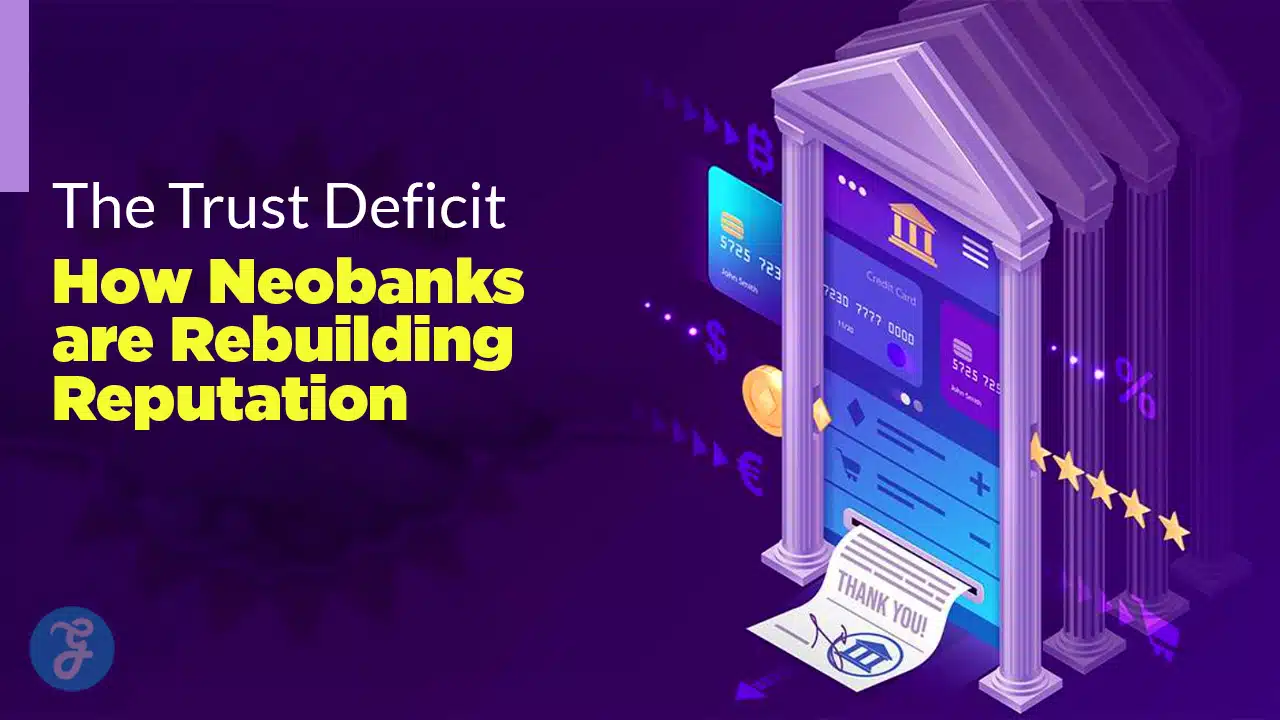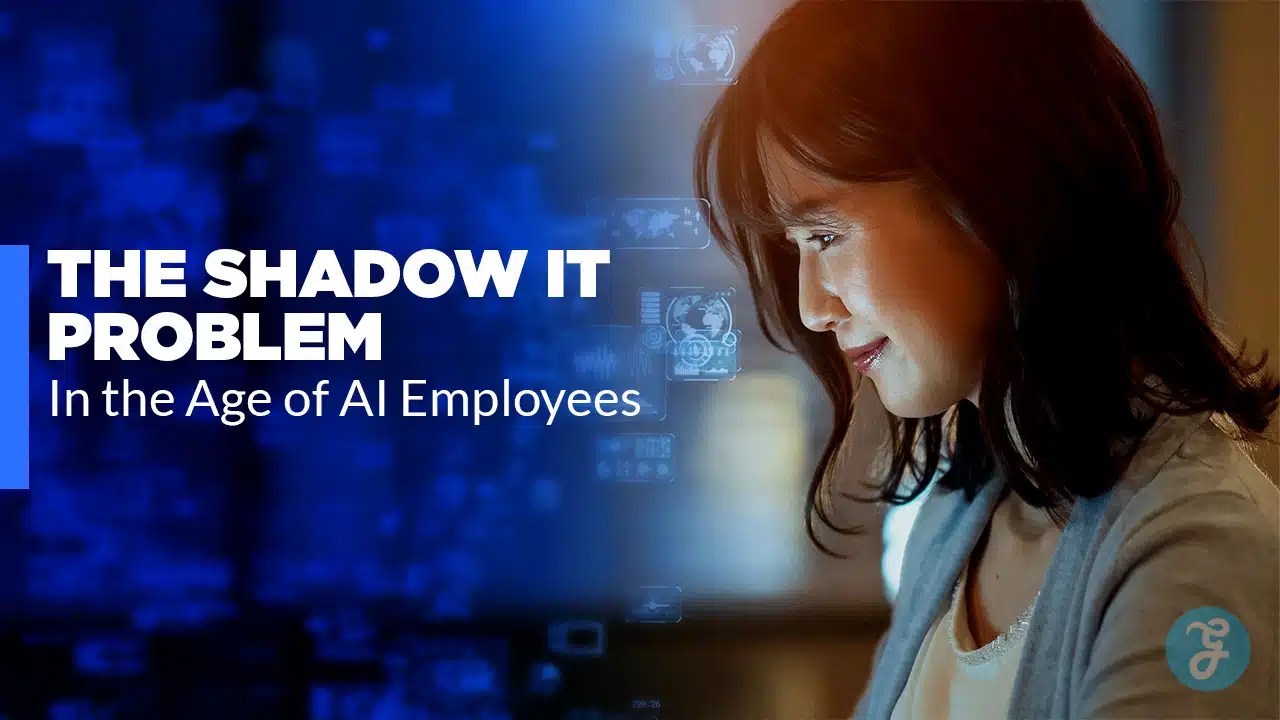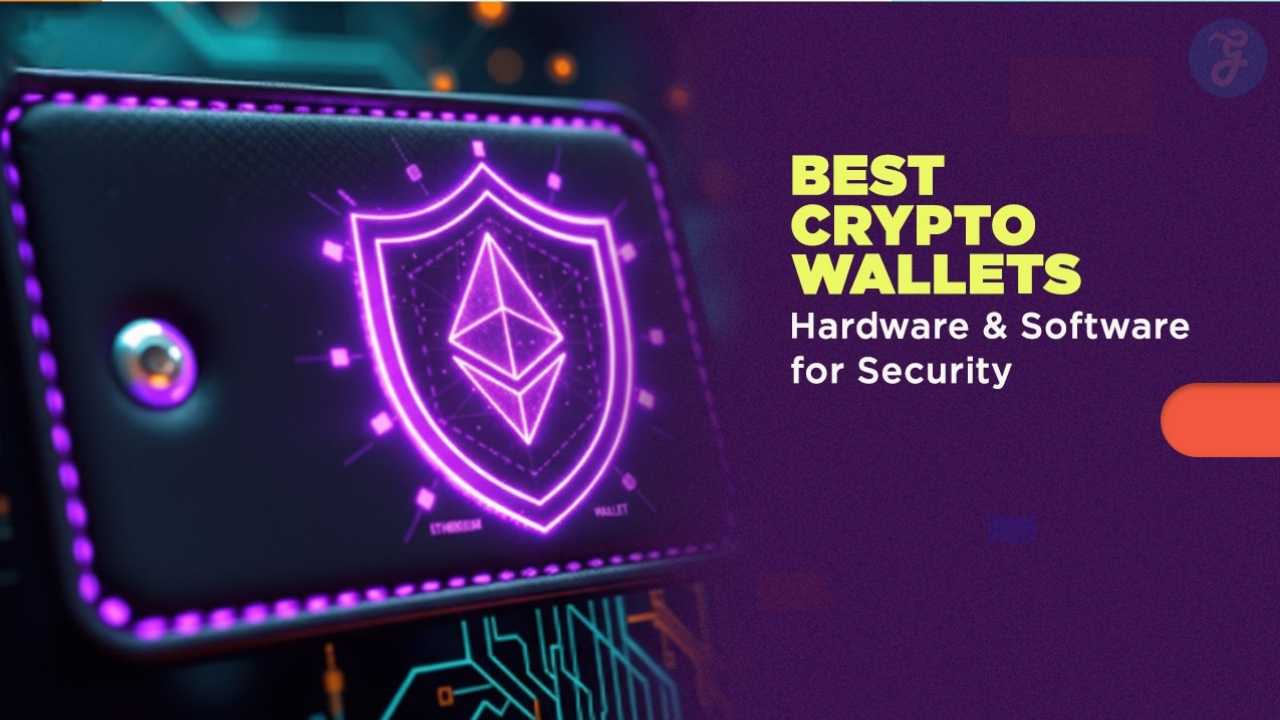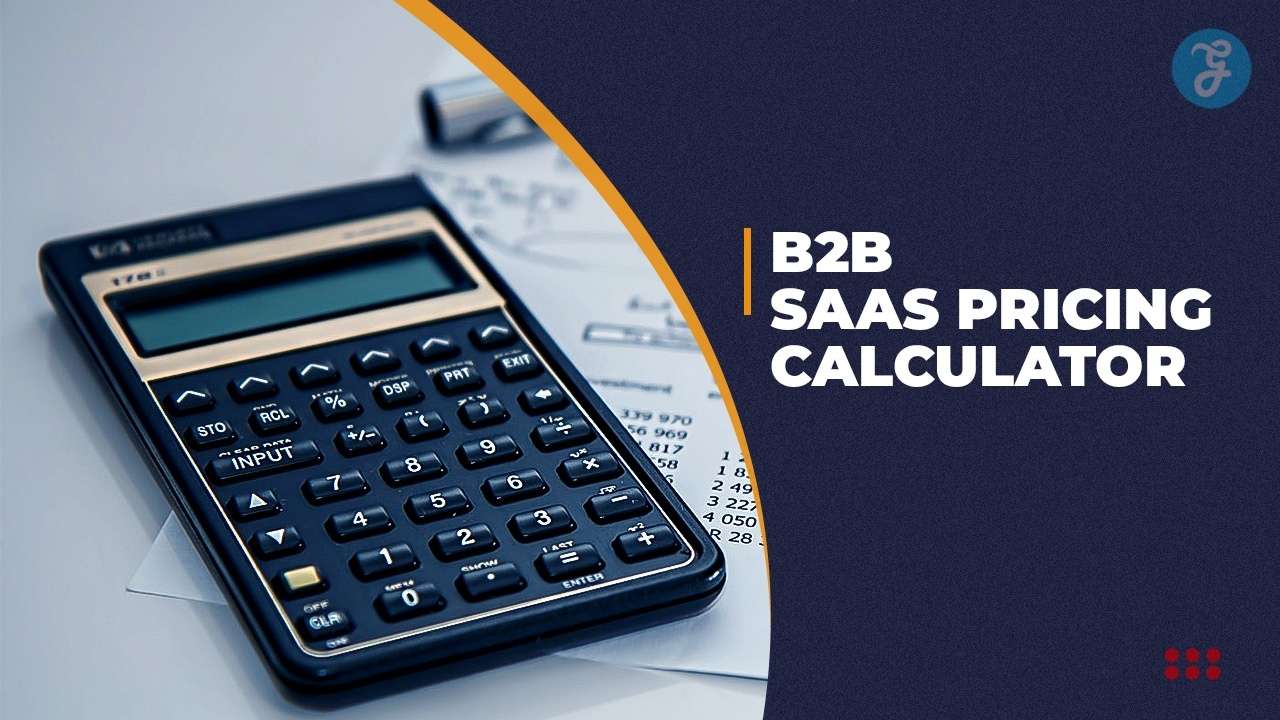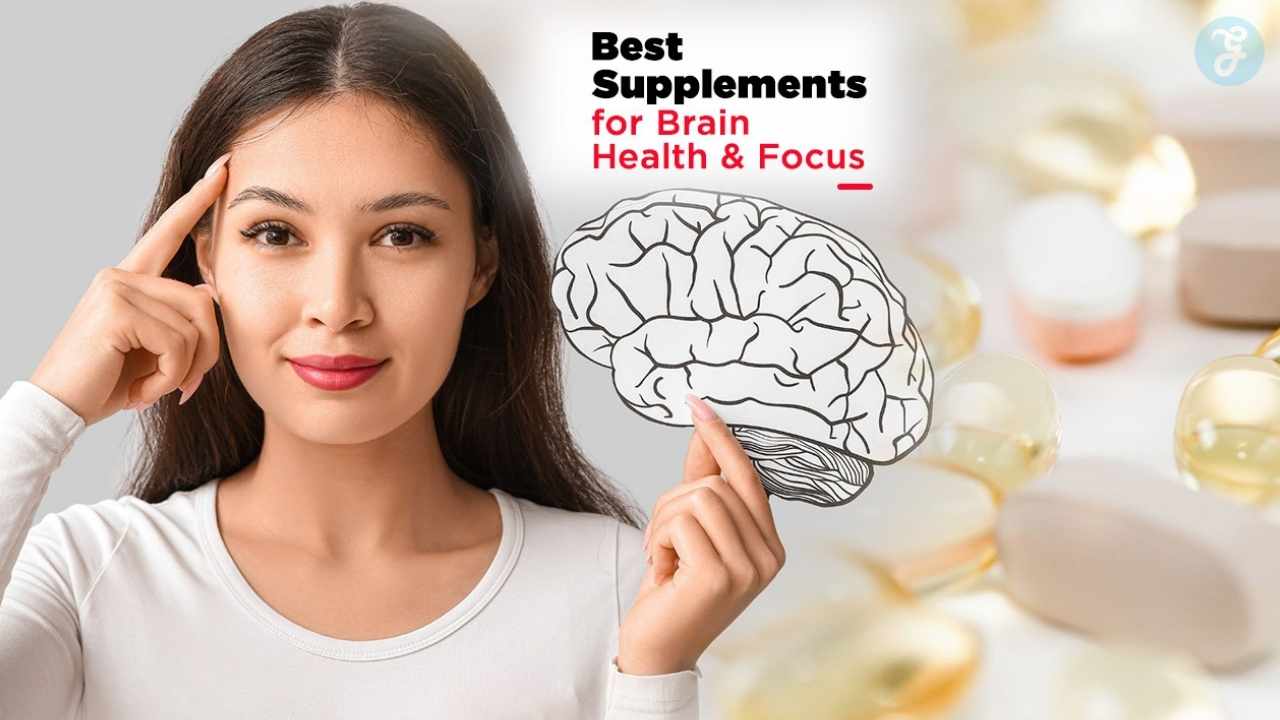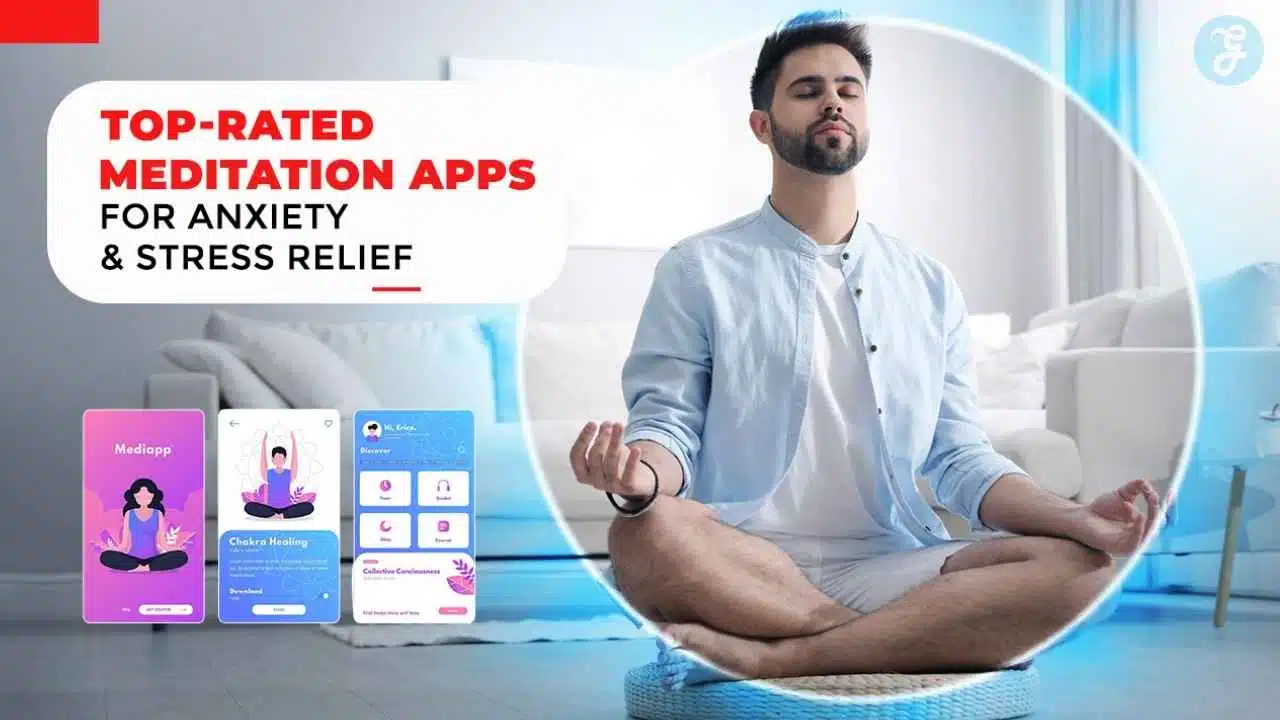History education teaches students how to interpret the present by providing context, lessons, and problem-solving abilities to make sense of the moment. Learning from the history of patterns, choices, and outcomes gives learners tools for examining and responding to today’s challenging problems.
Connecting the Past to the Present
History is not all about memorizing dates and events; it’s about knowing the relationships between things that happened and now. War, revolution, social movement, and other processes never occurred in isolation; they produced the systems, norms, and battles we know today.
For instance, a course on the Civil Rights Movement can teach students about contemporary struggles for racial equality. A better understanding of the Great Depression and its influence on current economic policy and financial crises can also help. Such historical links help learners better grasp why current affairs happen as they do and how they relate to other history.
Encouraging Critical Thinking
History courses attempt to teach students how to think critically, and that’s the best way to make sense of the informational tsunami we live in. History students are trained to look at sources, criticize biases, and consider evidence. These capacities translate directly to how they consume current events.
For example, knowledge of propaganda during earlier conflicts can help students better judge contemporary media methods. Looking at first-hand accounts from the past trains them to ask questions like “Who made this?” or “Why is it here?” These habits enable learners to respond to current events with an interdisciplinary perspective rather than as given by any one resource.
If managing academic demands becomes challenging, seek external support. A smart way is to hire an experienced history essay writer who will tackle your assignments professionally. It’ll enable you to master critical analysis while ensuring your academic work meets high standards.
Learning from Mistakes and Successes
One of the most valuable parts of history is how it teaches us about failures and successes. Learn from past mistakes – environmental waste, diplomatic embarrassments – so they can discern ones to steer clear of now.
History, however, contains lessons in endurance and ingenuity. Stories of communities rallying in the face of a crisis, revolutionary discoveries, and sweeping social movements push students to think outside the box and take responsibility. They learn those lessons to be autonomous, to know that they can make a difference.
Building Empathy and Perspective
History is about exposing kids to other cultures, backgrounds, and experiences. This exposure makes them more empathetic and able to see how humans act and make choices.
The history of the Holocaust or the struggles of colonized countries, for instance, can help students learn more about the human rights situation today. This general outlook allows them to think and react to the day’s events with kindness and an openness to what lies outside their immediate world.
Learn about cultures and history, and you’ll be well-equipped to engage in substantive debates worldwide, from immigration to climate change to social justice.
Preparing for Active Citizenship
History education prepares young people to be informed and active citizens ready to contribute to the society and democracy in which they live. By studying the past, students gain an understanding of the essential principles that shape civic life as a whole:
- The Foundations of Government Systems: Understanding the history and operation of governments helps students conceptualize modern government.
- The Evolution of Rights: Identifying the struggles and achievements to attain rights shows that they should be protected and developed.
- The Role of Civic Engagement: Exploring the impact of demonstrations, elections, and mass movements shows us the strength of the individual and the group.
- Lessons from Social Movements: Looking at the successes of movements can show how change can happen with commitment and planning.
Through these lessons, students connect historical learning to their roles as citizens, gaining the knowledge and confidence to contribute actively to their societies.
Understanding the Power of Context
History helps learners see the present in a new way. Without history to guide it, the present appears arbitrary or unconnected. However, knowing history shows us how connected the world has become, from economic transformations to political disputes.
For instance, studying the history of colonialism can reveal the origins of contemporary inequality and geopolitical conflict. This context can move young people from immediate responses to current events to more layered thinking about long-term causes and solutions.
Learning from the Past, Acting in the Present
History is the framework through which our current ills can be explained. By learning history, education recipients can learn how to read and interpret the present to make tomorrow better. Whether in the lesson of failure or triumph, the past is your way out of the madness of modernity with wisdom and meaning.


